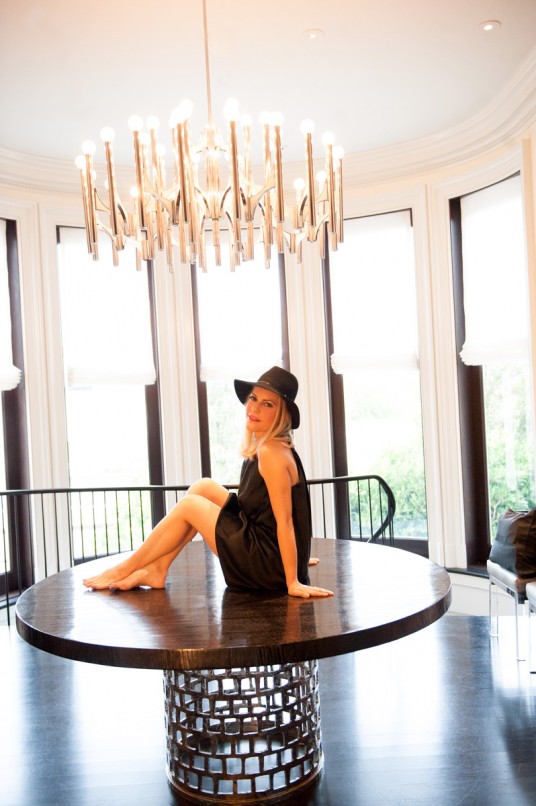 |
|
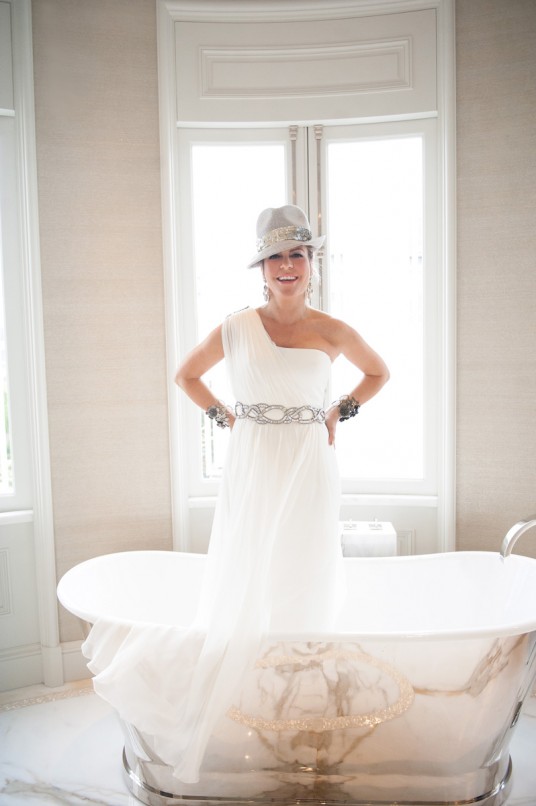 |
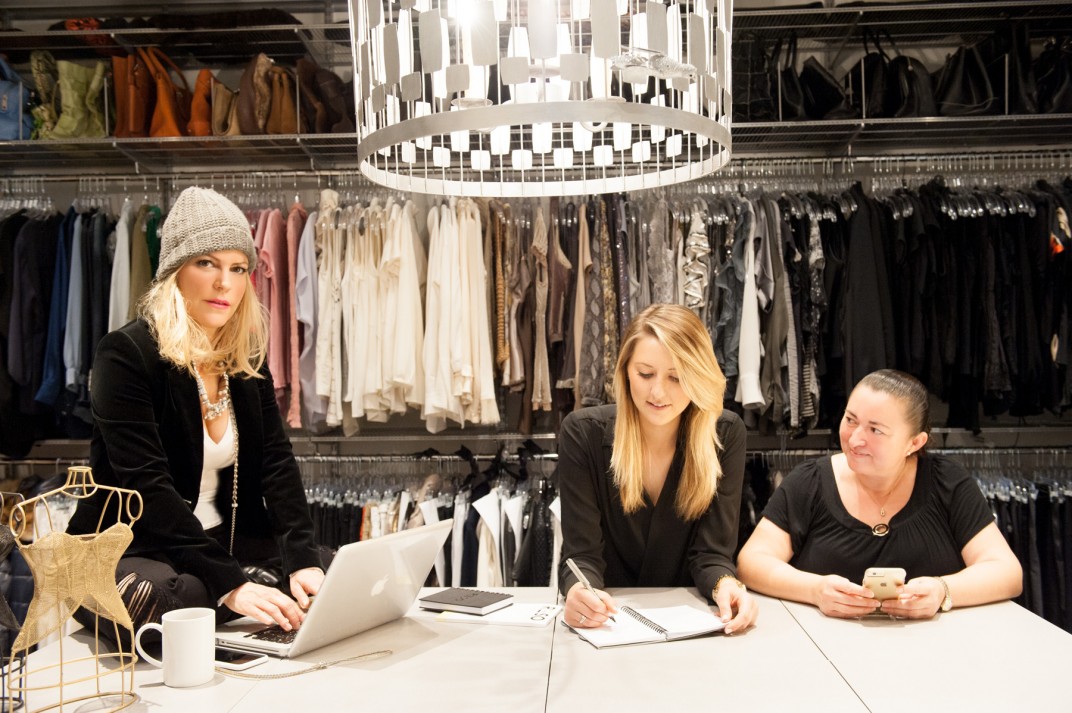 |
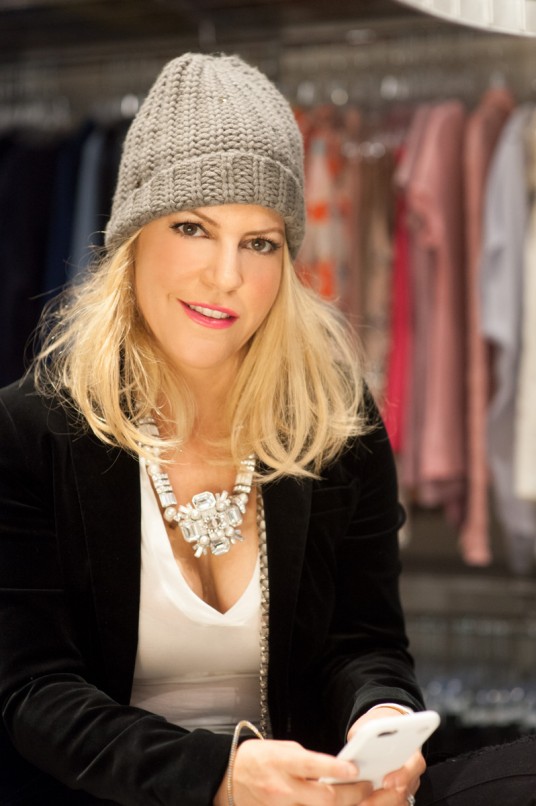 |
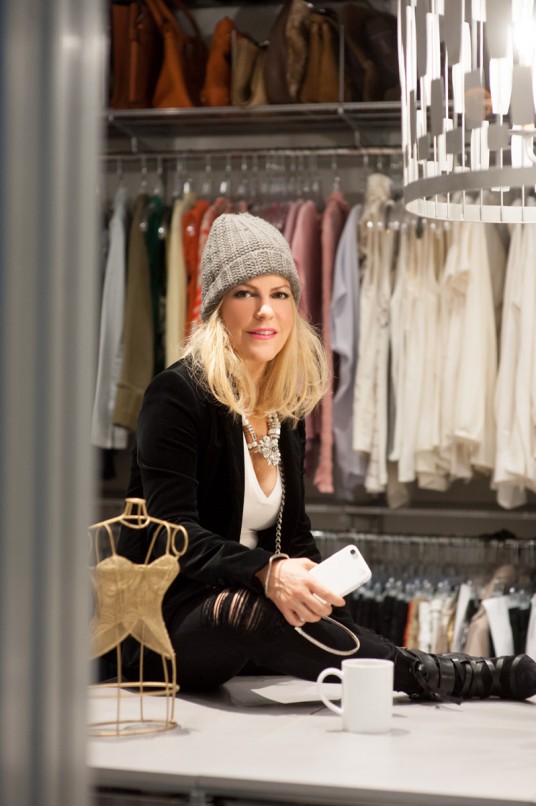 |
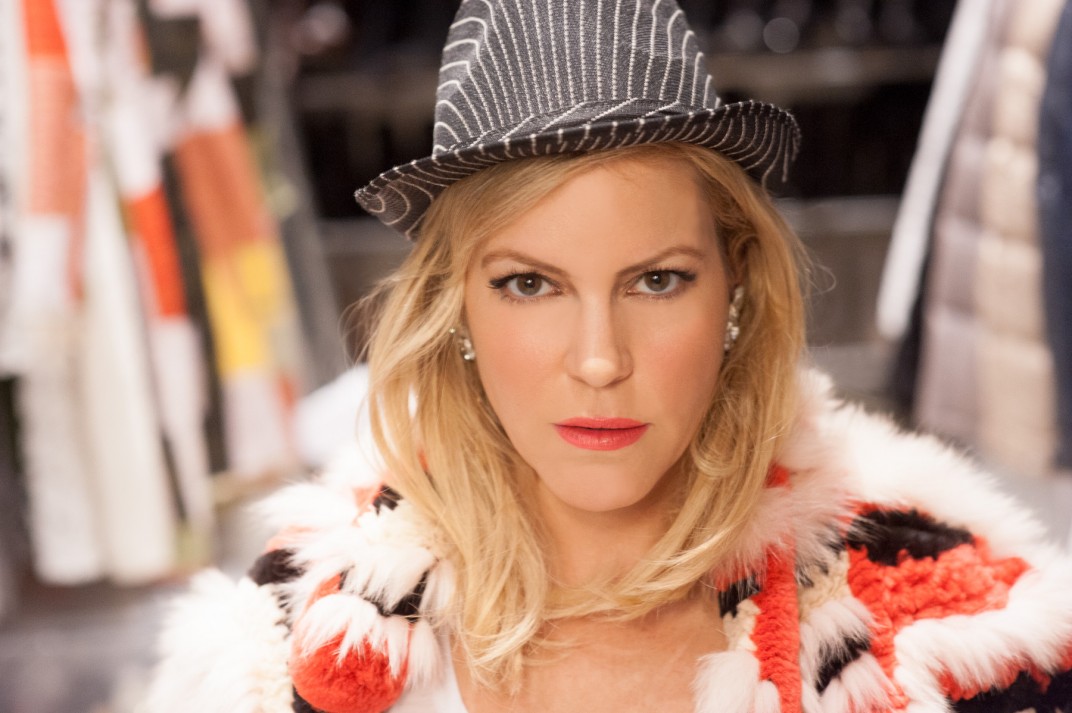 |
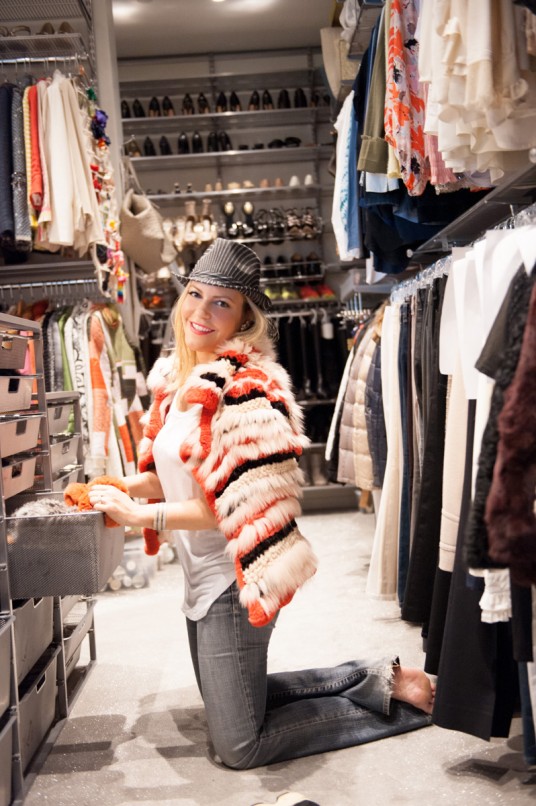 |
|
In a day and age when no one can part from their cell phone- how do we mix the love, innovation, and excitement around technology with the things we value and treasure most (i.e., family, human connection, balance, and wellness)? My mind has been swirling around this topic for a while and I am constantly formulating a plan for myself and my own family on how to “unplug”. Meeting Suzanne Felson of RESO was not only a great motivator of finding these answers, but Felson has developed an entire company based on this philosophy and a necessity to better one’s life and the lives of those around you.
1. What were you like as a child- Who are you today? I was all about Play, Purpose, and Passion as a child. It was the core of how I was raised and is the core of who I am today. Play was present every day when I was growing up. I spent 90% of my childhood outside. I had a horse, as did most kids where I lived in the countryside of Saratoga, California. But for those kids and their parents, having a horse was for competitive riding and jumping. Parents generally expect too much of the wrong set of expectations from their children and don’t expect enough of the right things. They expect a constant level of competition. Those who are successful are not necessarily competitive, they are innately driven. My parents showed us a world that was playful and inspired. I had no competitive pressure or expectation for external purposes. I was a competitive swimmer, but I don’t ever remember the goal being to win a ribbon. The purpose of swimming was to exercise my body, keeping it strong and healthy. The tools my parents gave us as children helped us to be successful in life and to foster balance. My parents got me the horse simply to learn responsibility and what it means to care for another living creature. That may in fact be one of the reasons other parents got their kids a horse, but unfortunately, the competitive landscape overshadowed compassion. They lost sight of the original purpose. In Judaism, there is a teaching that we must feed our animals before we feed ourselves. When you’re full and satisfied, you may forget to feed your animal, so you need to do it when you too feel the hunger. This is similar to having hunger in business. We must think about our customers before we think about ourselves. If we satisfy our ego through monetary success before we satisfy our customers, we lose sight of what’s important and eventually that will erode the business. We must have a process to ask ourselves every day in business: “Are we still fulfilling the need? Is our product still relevant today?” |
“My parents spoke to us like we were 40 even when we were 2. They didn’t talk down to us;
Being purposeful was also central to my childhood. My parents raised me to have a purpose, which meant having a set of mindful goals for each day. They taught mindfulness using the tools of tefillah – prayer in Judaism. Tefillah is not just about our relationship with God; it is a path that can lead us to be mindful and purposeful about who we are and who we want to become. Judaism is not a religion about creed –what you believe – it’s a religion about deed – what you do. And tefillah is the tool that helps us be mindful and to set goals for how we want to be in the world and the way we want to live our daily lives. There’s this beautiful tefillah called Modeh Ani that we say when we wake up in the morning. Modeh Ani honors the wondrous process of sleep that allows our body and mind to rest and to be replenished and rejuvenated by helping us prepare for another day. Modeh Ani helps us transition from nighttime slumber to the day that is ahead of us. It helps us mark where we are so we have the potential to see where we are going. My passion for life also comes from my childhood. My parents showed us how the mundane can be extraordinary. Even simple tasks in our house were made more meaningful. There was an intense amount of ritual around things, even things like going to the nursery and planting flowers. Because my parents wanted us to be intrinsically involved in creating the beautiful environment we lived in, my sister and I would stand behind my dad and push the pansies out of the plastic trays. Something as seemingly mundane as planting flowers in front of our home was just as important as the holiness around setting the Shabbat table on Friday. My father’s famous line in our family is, “If it’s worth doing, it’s worth doing well.” There was intention – kavanaah – in everything we did. We never had chores; instead we understood that we were members of a team who happened to be blood relatives. I never felt alone; I didn’t even have a concept of being alone. It’s no surprise that today most innovation is created by teams, not by individuals. My family had a very strong sense that we were in this together. The question of who I was as a child sounds oddly foreign and individualistic to me. I was part of a family of three kids and two parents, of an extended family, and of a community/village that my parents created around us. This heightened level of awareness for my surroundings created in me a heightened sense of passion for life. |
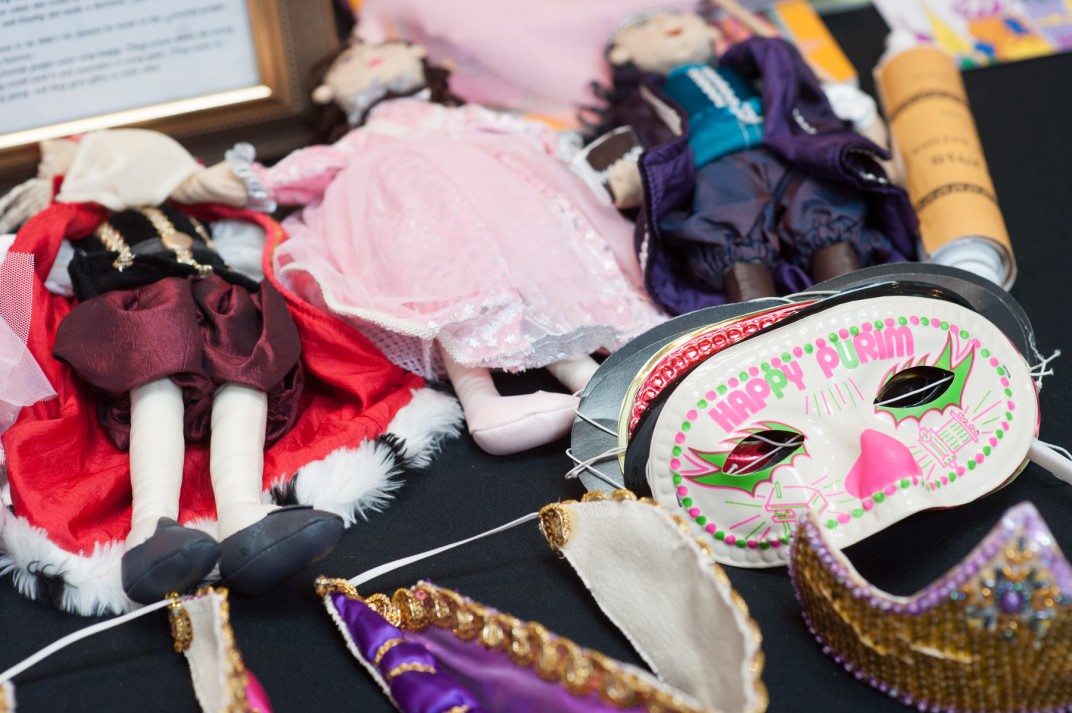 |
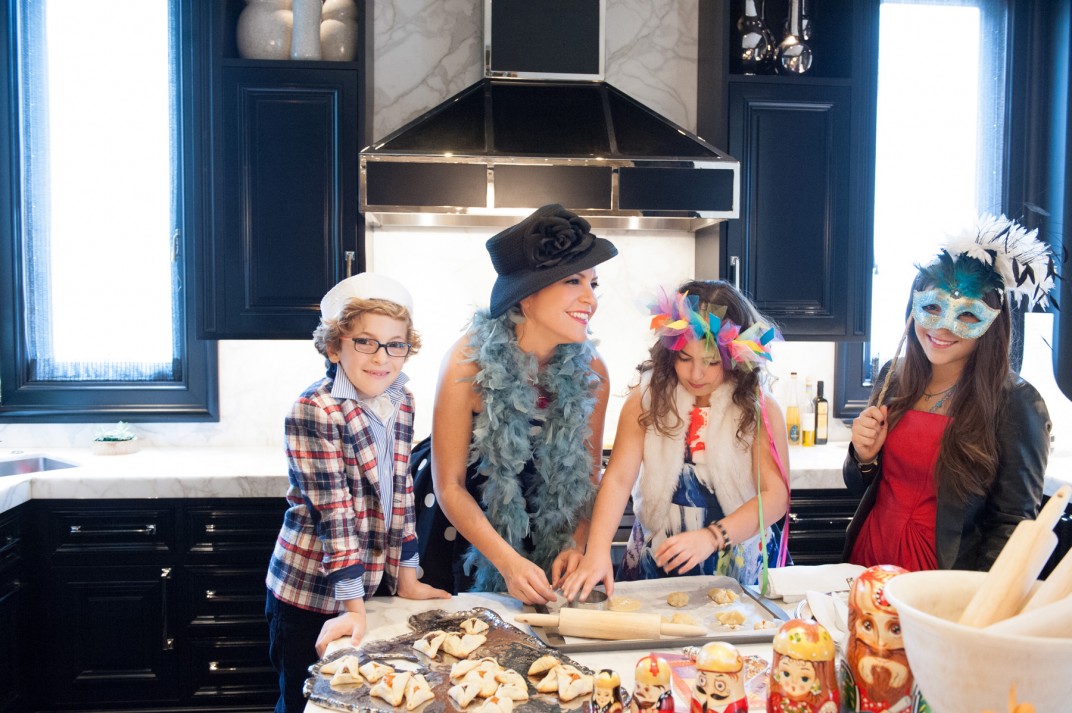 |
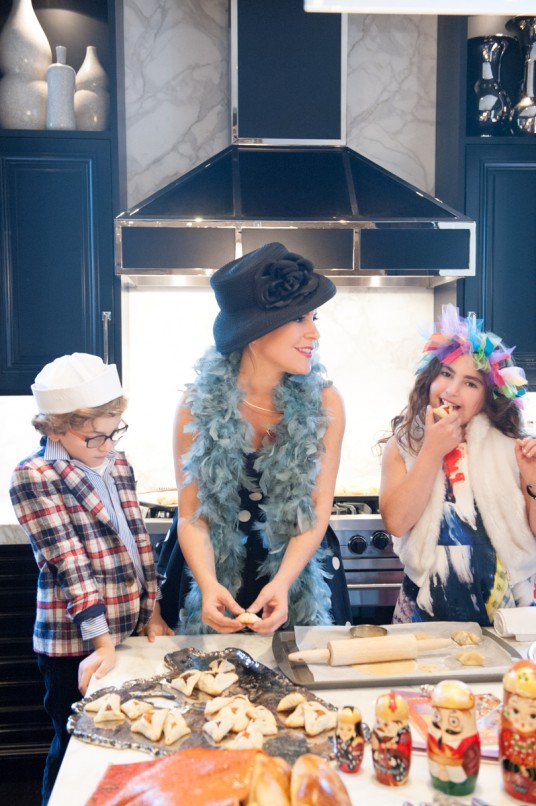 |
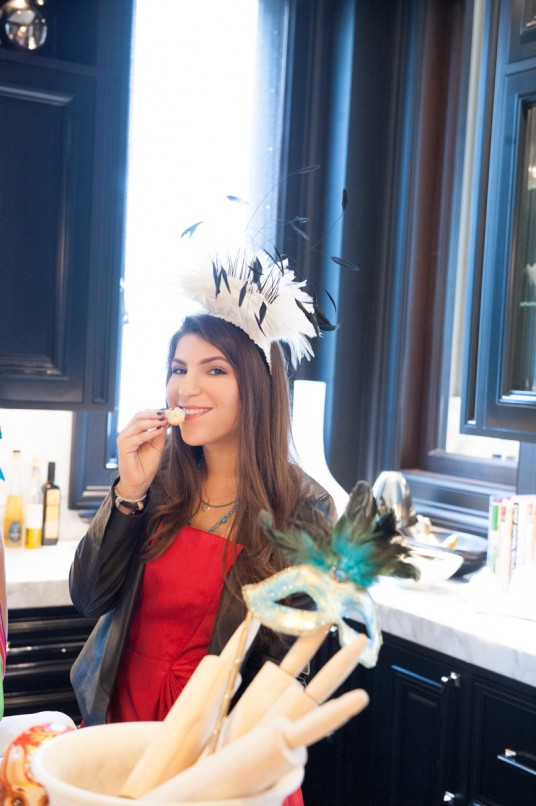 |
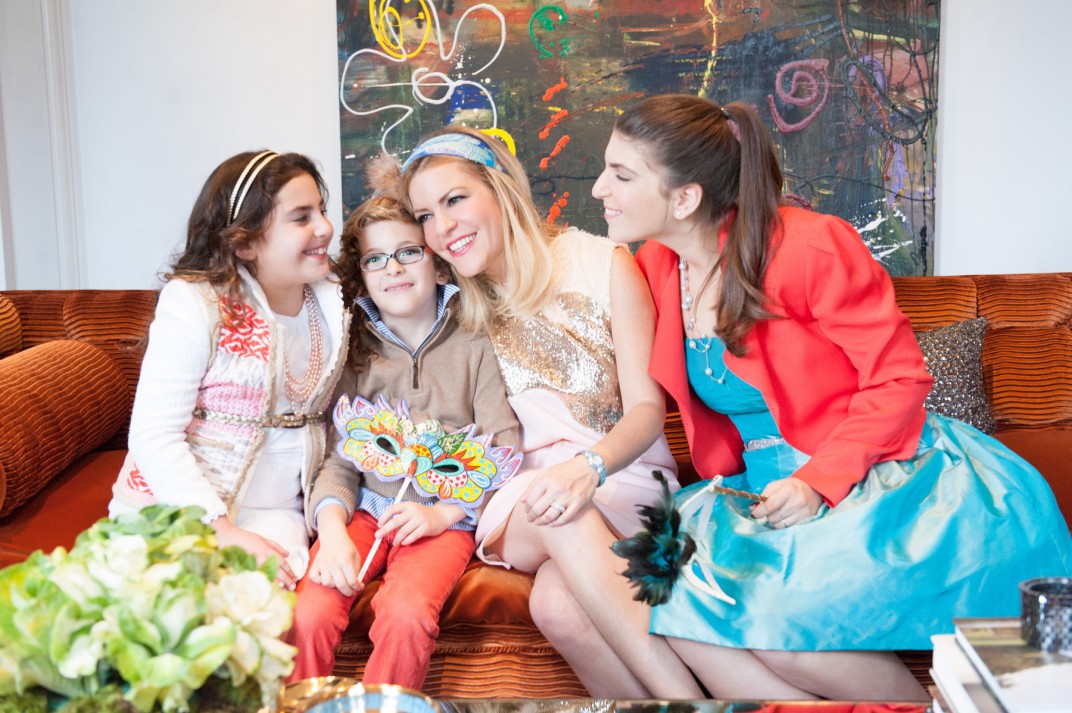 |
|
2. Your life’s work? The core of my life’s work is to raise children who have an appreciation for all of life’s gifts. The tools to achieve this are determination, empathy, compassion, and endurance. There’s a notion in Judaism that we must be lifelong learners. If I had a mission statement for my life’s work it would be equal parts teacher and student. I am a teacher for my children and a student for myself. I can’t be the best mother to my children unless I maintain a deep level of my own learning. I must be engaged in learning if I want them to be engaged in it. I want my children to have a singular, strong identity about who they are. I want them to be able to answer the question: “Who am I?” with singular clarity. I want my kids to explore the world, but they need to know who they are before they can appreciate others. Right now there’s a quote on the wall in our home: “Soar as far as you can go, but always take your home with you.” In Judaism, it’s called the mishkan. The mishkan is the place where God dwells, but it’s also our own dwelling place – our home, our family, our community – and even ourselves. If we take the mishkan with us wherever we go in the world, we will never be lost and will never lose ourselves. This is my life’s work.
3. What is your personal measuring stick for success? My personal measuring stick for success is balance. Every day should include both work and play. We no longer live in a world where we work Monday through Friday from 9 am to 5 pm and play on the weekends. Those lines have become blurred. We live in a timeless, global marketplace. Finding balance is essential for adults and children. I adhere to three pillars in life: individual, family, and community. As a parent, if my child’s individuality and independence are at the cost of not being part of a family or community, then there is no balance. I’m not convinced that working mothers can have it all, but if we stay focused on the three pillars, we may be able to achieve a balance. You don’t need to be Jewish to subscribe to a set of integrated values that create balance in life and that help mediate technology in harmony at the same time. Its all about finding a tenet and adhering to a set of goals that you revisit weekly to assess where you are on your path. Judaism provides the tools for teaching my children about balance. My husband, Elliott, and I work during the week and our kids go to school. On Shabbat, we rest- we create holiness and joy by sharing time and space together. The rhythm of the Jewish calendar also helps us keep this balance. Shabbat comes once a week as a pause, the holidays come throughout the year as a meta reminder that we can’t lose sight of what is important – even Jewish farmers are mandated through the concept of shmita every seven years not to harvest their crops so that the land can literally rest and re-set the Earth’s balance.
|
I started RESO to: 1. To provide kids with deep, rich experiences that have the potential to change a life. 2. Help merchants move with the times. Business owners shouldn’t be left behind because they don’t have the resources to build what is necessary to reach their clients. 3. Teach children through our merchants classes, activities and experiences the value and importance of the three pillars: Individual, Family, and Community. Our site helps connect merchants to the parents and children who seek the activities these businesses offer. We help them find each other and make it seamless to book! A calendar and a pencil in hand, is not how parents will book or find activities anymore….Those days will soon be over.
4. What is the greatest gift you have been given? The greatest gift I’ve been given is my parents. I hit the jackpot with parents. They got divorced when I was 10 years old, but they never stopped parenting us together. They were completely aligned in their parenting and continued to spend family time with us. My parents got divorced, but our family didn’t. They raised us out-of-the-box before it was socially acceptable to be out-of-the-box. In the same way that start-ups today are disrupting the status quo, my family was a start-up – my parents disrupted the conventional ways of being a family. They were innovative in how they raised us. My parents didn’t lead me to believe they knew everything. They asked for our opinion; they asked us what we thought. They showed us that life is sometimes about pivoting. If something isn’t working, you pivot to make it work. There wasn’t a concept of not being able to do something. I can’t ever remember being told no by my parents, which allowed me to always think of everything for the possibilities of what could be. If there are no walls, it is endless what you can create. To this day, I still don’t have a concept of the word no. |
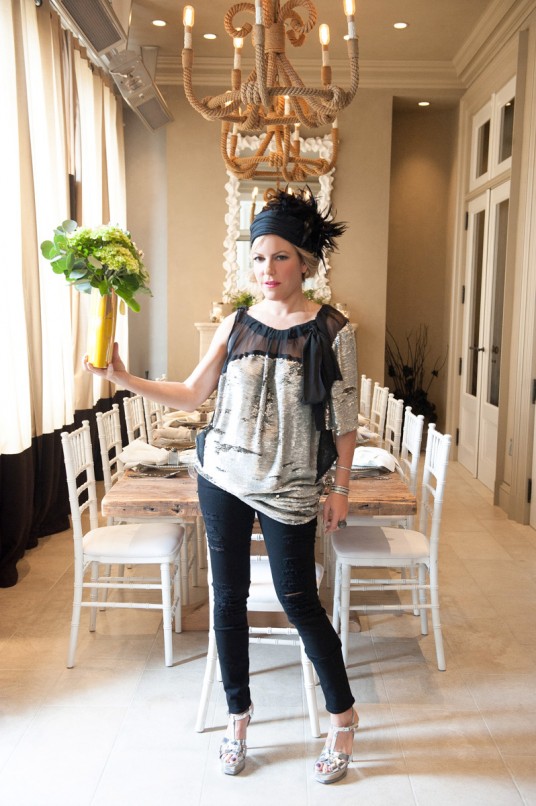 |
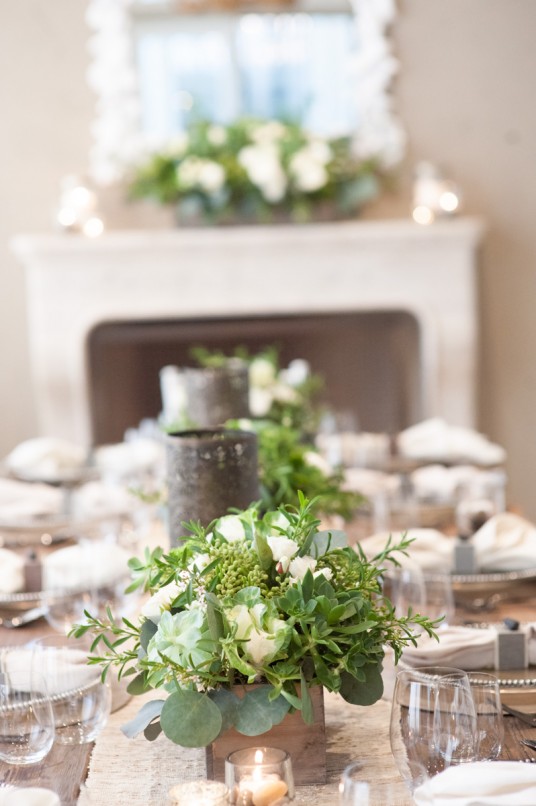 |
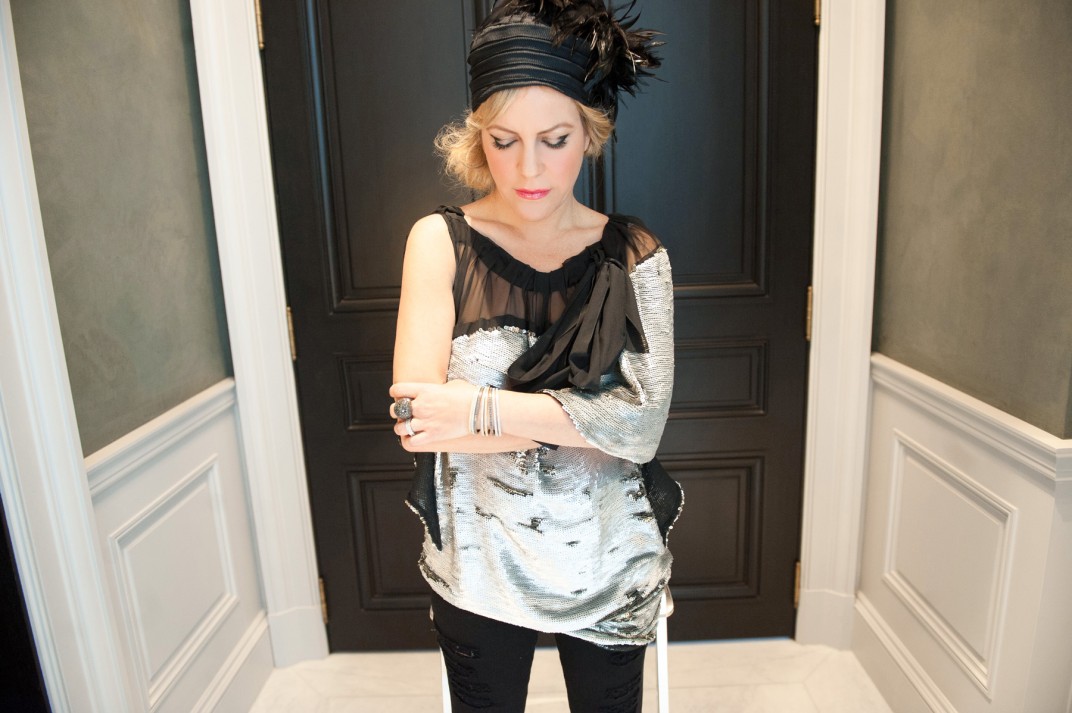 |
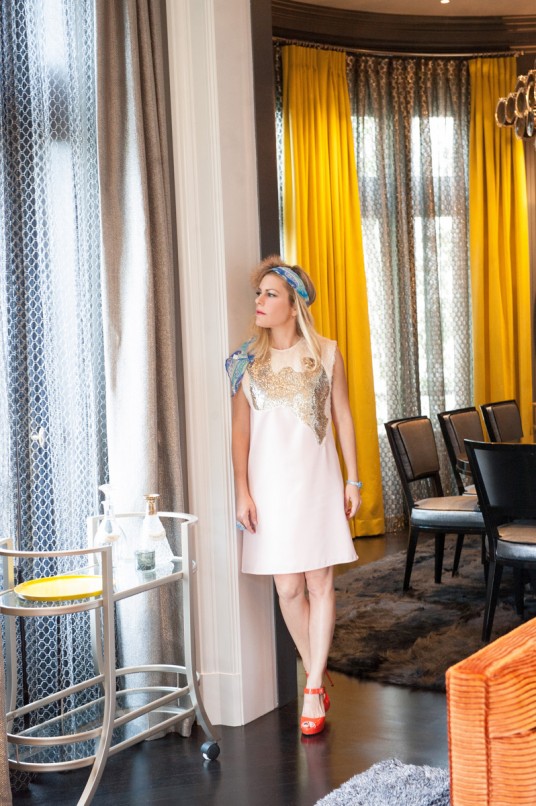 |
 |
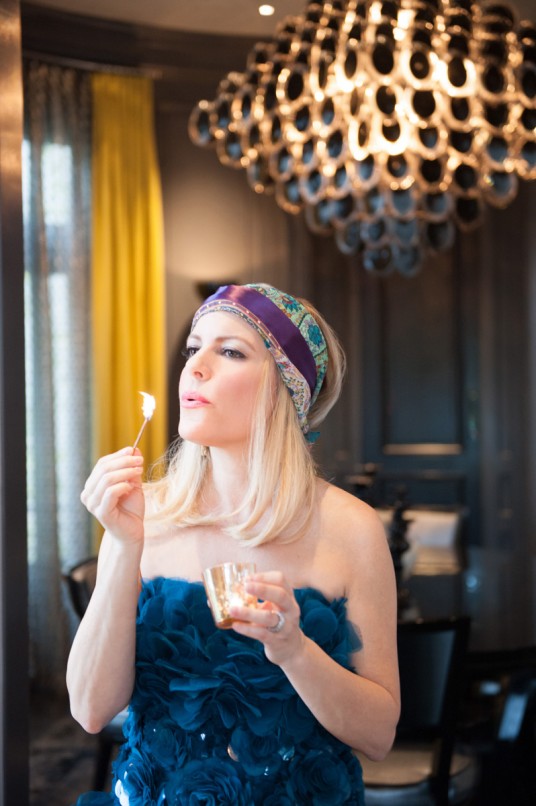 |
|
5. Tradition is so important to you- Explain your need for “all things sticky”. I’m all about creating stickiness. Most parenting is 90% verbal and 10% other senses. That is, the value proposition that parents give their children is verbal streaming. But the most effective way of making things stick is through multiple senses. Elliott and I try to parent 90% through other senses and only 10% verbal. I post quotes from famous people on the walls all over our house. During the Olympics, I posted a map of the world with different sports and medals. For every holiday, I curate a table in our foyer with artifacts, games, musical instruments, books, food, and crafts. And I’m not embarrassed by it. I don’t just put these up in the kitchen or on the fridge; they’re everywhere in the house – even in public spaces like our formal entryway and staircase. I want to showcase and celebrate it. We want our kids to think it’s cool to learn, because it is. It’s not just for them; it has value for all of us and we’re teaching them how to communicate that to others.
6. What are the most important lessons/ teachings you can pass on to your kids? The most important question I want my kids to ask themselves before they go to bed is: “Have I appreciated something today?” Every Friday night we celebrate Shabbat together as a family. In addition to reciting the traditional blessings of gratitude, everyone says something they’re grateful for from the previous week and something they’re looking forward to in the coming week. Shabbat is the weekly opportunity to create the change we want to be. It enables us to mark time. It’s one of the things that a successful CEO does. They mark where they’ve been and strategically make plans for the future. If we came to every dinner table with the same intention that we come to the Shabbat table with on Friday night, the world would be a different place. We prepare for it. We don’t generally prepare deeply for Monday night dinner. |
For Friday night, our kids wouldn’t dream of coming to the table without being properly bathed and dressed. There’s a light around the Shabbat dinner table that shines brighter than on other nights. It’s our job as parents to teach them how to separate the mundane of the week from the holy of Shabbat. It’s a form of pivoting. We’re pivoting from the hustle bustle of the work or school week to the calmness and spiritual of Shabbat.
7. How do you make Judaism fun? In our family, Judaism is the third parent! At its core, Judaism is fun. I put a creative spin on how we celebrate Jewish rituals and holidays. For example, instead of just making regular challah, we make all sorts of flavored challahs. We might make Italian challah with herbs and spices or Asian-inspired challah with scallions and soy sauce. We’ve even make mac and cheese latkes on Chanukah. We wear costumes on Passover and we act out the characters in the Bible. We use Yom Kippur as a time to write down and reflect on what we didn’t do well in the past year and set and commit to our goals for the next year. I want to create a paradigm shift about what it means to connect spiritually in the world and what Judaism can offer. Most people hide their Judaism or their spiritual selves. They view Judaism for what it’s not (like bemoaning how much they hated religious school) instead of focusing on what it can offer them and the rich value system that it has within. I’m not only interested in being Jewish because of where I come from, but because of where it will take me. I feel empathy for those who don’t see the J (the Joy) in their Judaism. So many people are seeking out opportunities in their lives and other forms of spirituality trying to find meaning, but they can’t see what was given to them: Judaism. It is one of the best lenses for viewing the world and for creating a meaningful and fulfilled life. |
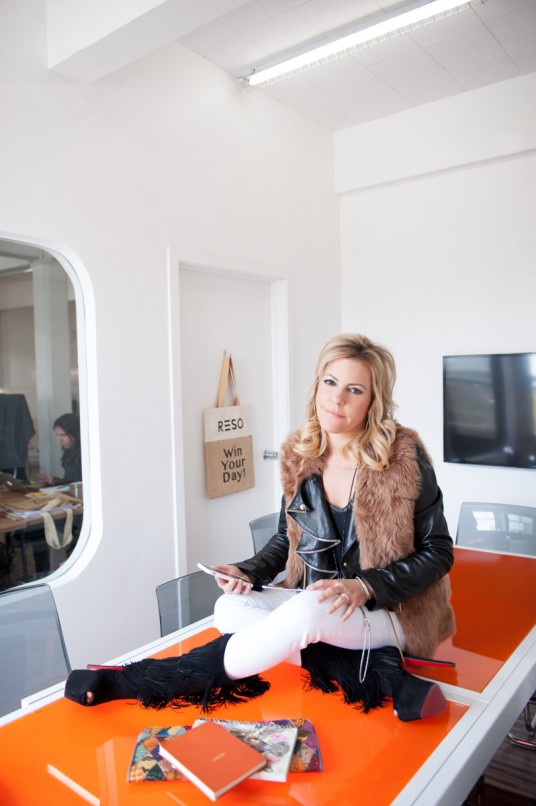 |
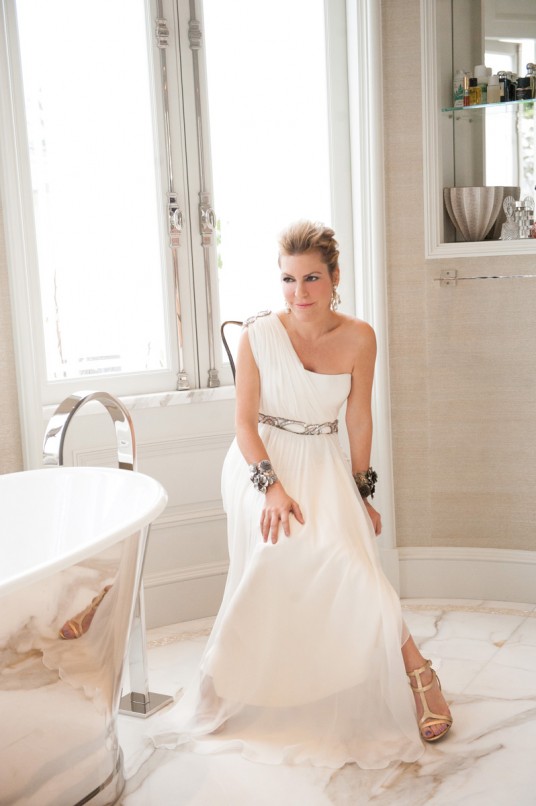 |
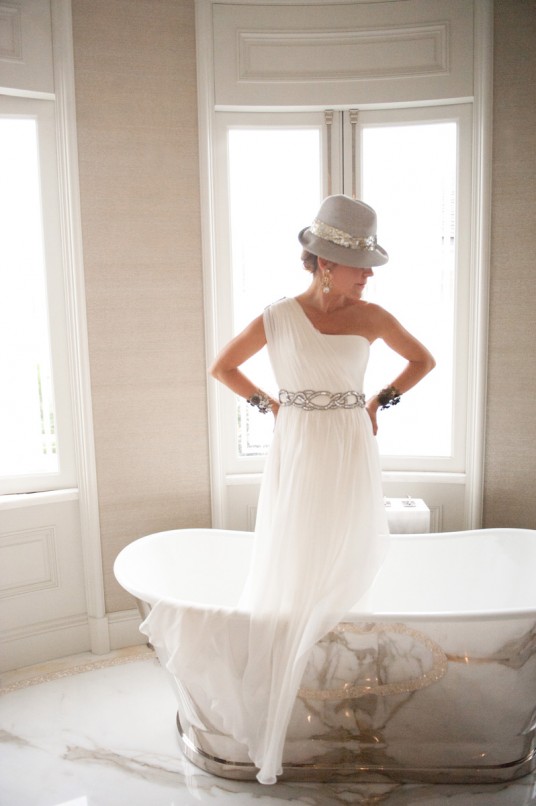 |
|
8. You never got a degree from school (a tidbit you always divulge to others first), but you have shaped a degree in life unlike most? Tell us about this. I relied early on in my life on Dummies books because I could learn enough to know if I wanted to learn more. Today, there are so many ways to get the equivalent of a Dummies book (Kahn Academy, Daily Skimm, etc.). I am a consumer of distilled-down education. Then I decide the topics I want to know more about and the subjects I want to go deeper into. I have never been shy about what I don’t know. It has never been a barrier to entry. If I don’t know something, I simply find an expert. Not being able to do something or not being good at something doesn’t stop me – ever.
9. How does technology and religion (or spirituality) interact in your life? The intersection of technology and religion is around innovation. The Torah was the first computer, in many ways. It was Google before there was Google because everything you need to know in life is in the Torah. That’s why there’s a tradition to read the Torah every year from start to finish without stop and then again…and again. The Torah has chapters on how to deal in business, how to create a home, how to raise children, and how to treat your partner and friends. It includes teachings on sociology, history, art, medical ethics…everything. It’s cross disciplinary. The word Torah actually means “instructions for life.” The Torah is a guide to how to live an innately purposeful life. That’s why one of the quotes we have on our wall right now is: “Who are you today?” As children and as adults, we can wake up every day and be a different person. It’s okay if you weren’t kind yesterday, you can wake up today and be kind. As long as you recognize that yesterday you weren’t kind, you can make the change and become different today. Life is not preordained. There’s a Jewish concept of free will. We were all given the choice to determine our lives and who we choose to be. |
My Must Reads List: 1. The Torah 2. The Checklist Manifesto: How to Get Things Right by Atul Gawande 3. The Bedside Torah: Wisdom, Visions, and Dreams by Bradley Artson 4. Any book by Tal Ben-Shahar, Malcolm Gladwell, Tony Wagner, and Daniel Pink 5. Man’s Search for Meaning, by Viktor E. Frankl 6. Any book in the Dummies series
10. In your terms, being called crazy is a compliment. What do you see as crazy in your life and how have you turned crazy into something positive? I’ve always been called crazy (and thanks to Linda Rottenberg there is now a book for it – Crazy is a Compliment). It goes back to my parents. For me, crazy means not accepting the status quo. Why am I called crazy? Because I just don’t quit. I don’t accept things at face value. If something doesn’t work, I move on and figure out how to make it work. Sometimes it takes everything out of a person not to give up. I don’t have a concept of giving up. I don’t even know what an unrealistic goal is. Probably launching Reso was an unrealistic goal, given my skills, but it never dawned on me that I couldn’t do it! |
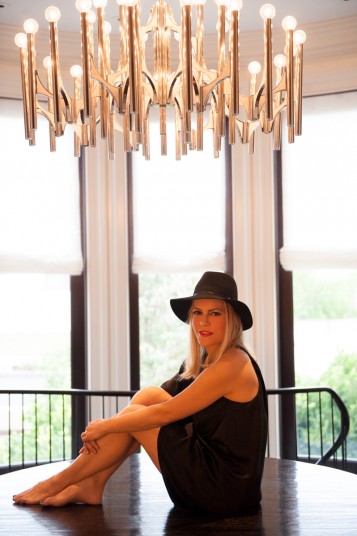  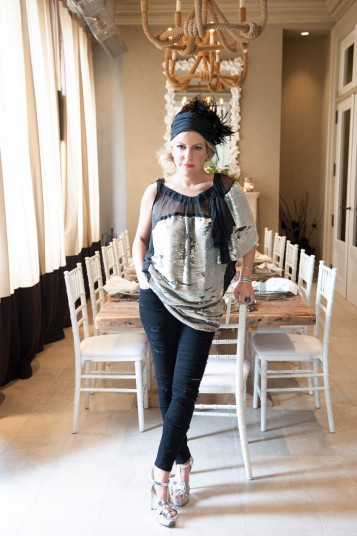 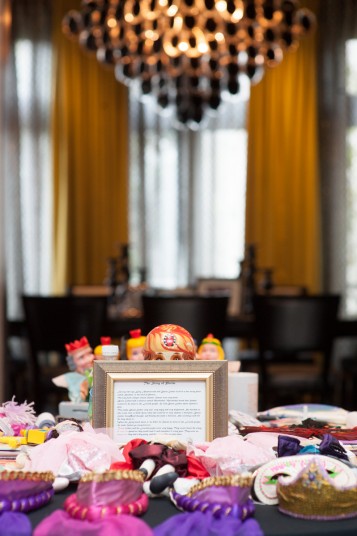 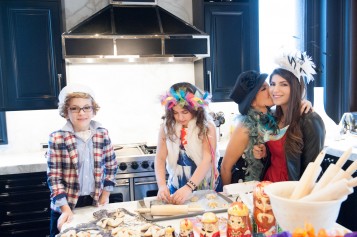 |
|
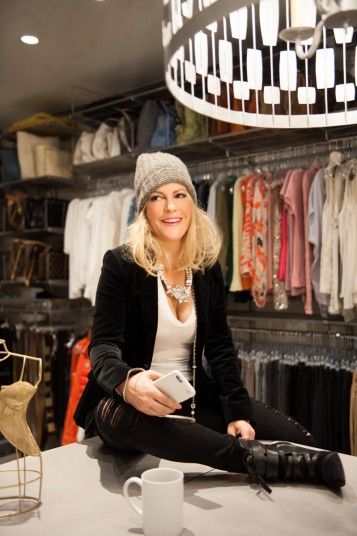 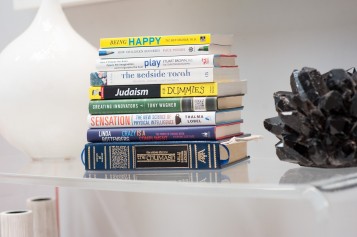 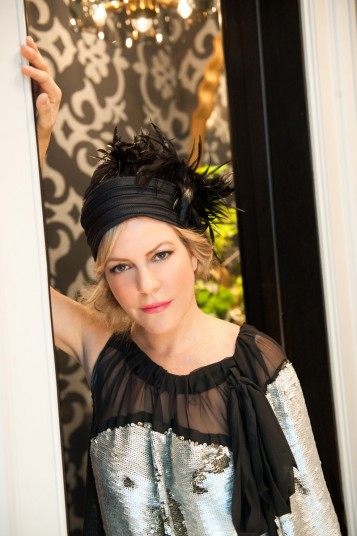  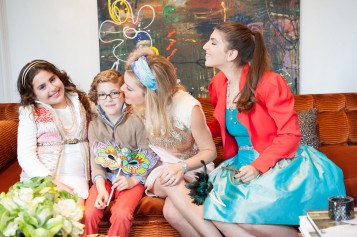 |
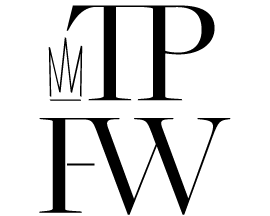


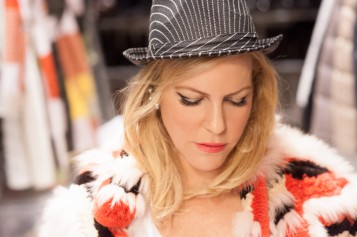
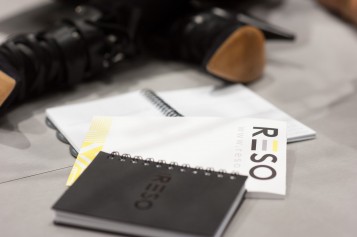
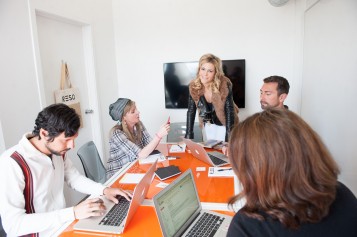
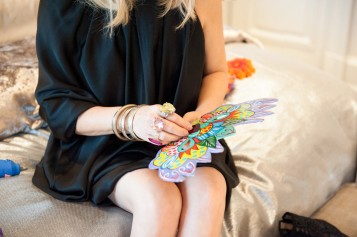

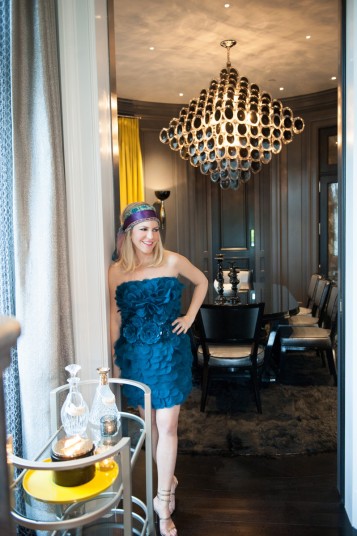
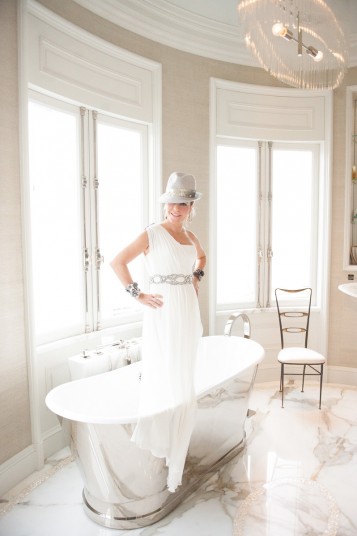





So proud of you, baby! Love you, love the article about you! Aunt Tina